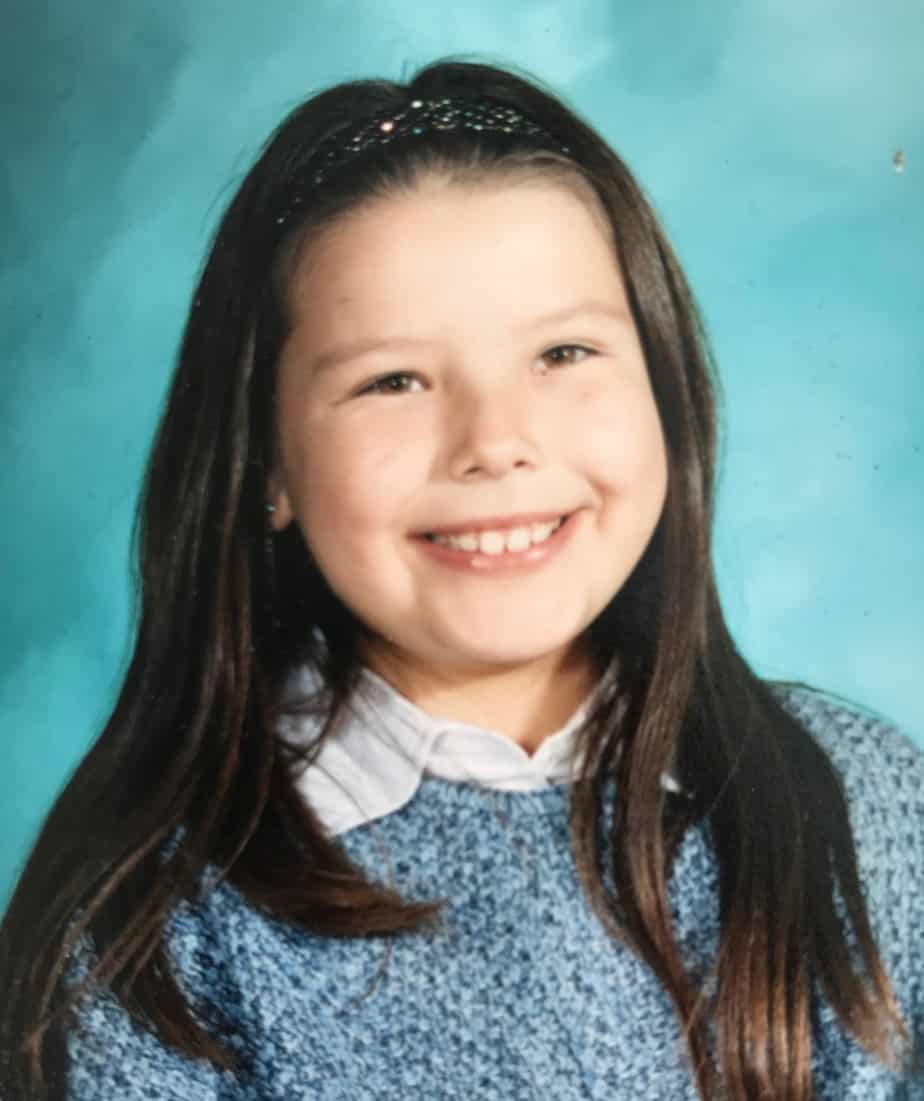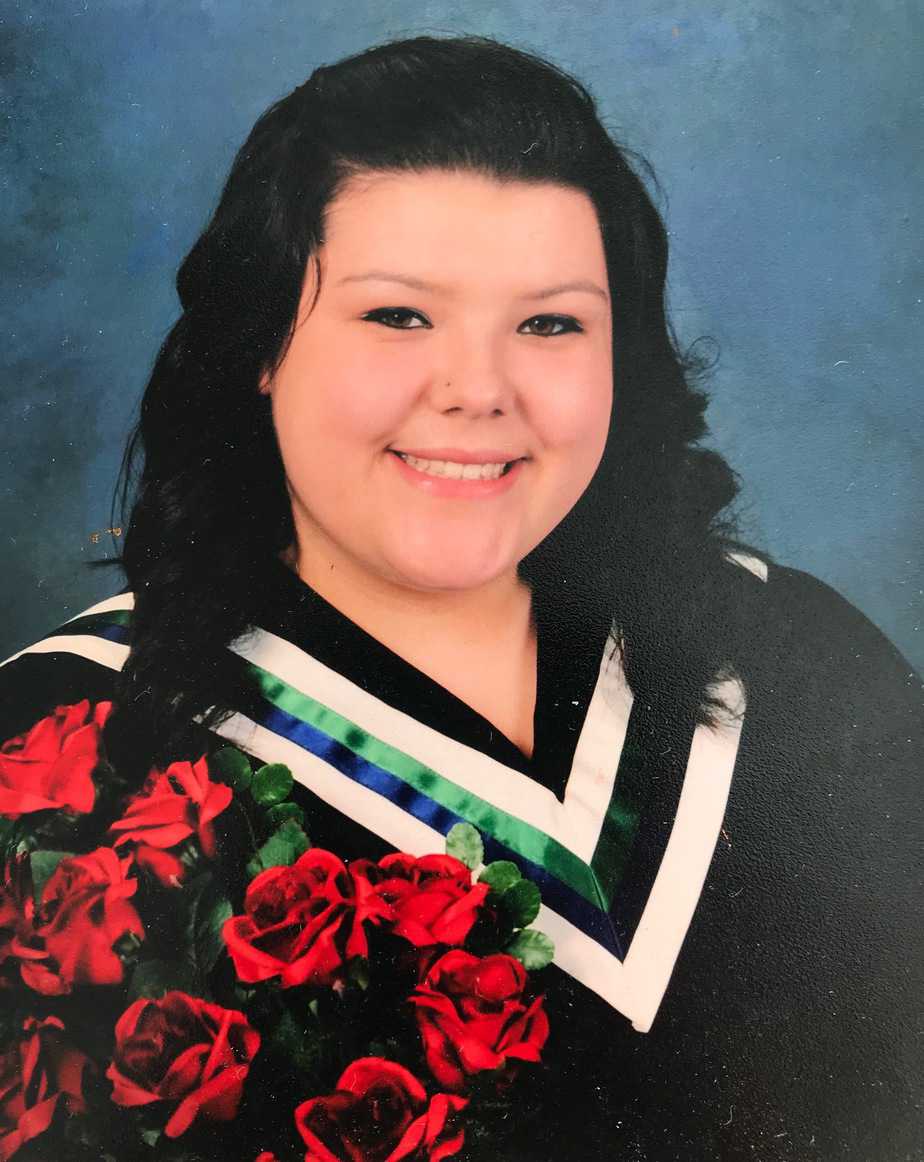
I suppose that I should start by introducing myself. I go by Shae, and am known for the multitude of hats I wear within the Youth In/From Care advocacy movement, from my work with Aunt Leah’s Place youth advisory committee, to the Collective Impact: TRRUST initiative, to the Fostering Change Community Organizers through First Call BC. This summer I’m also working with The Discourse as one of its Youth in/from Care Media Fellows.
I have been following child-welfare reporter Brielle Morgan’s work for about a year now, and a lot of it hits pretty close to home — from her recent work regarding “Justine’s” trial, right down to the titles of her biweekly newsletters. The one I think about the most is definitely “How long is a month when you’re separated from your kids?” It made me reflect deeply on my own first experience in the care of the Ministry of Children and Family Development (MCFD), which is when I first realized that trauma makes weeks feel like months.
I was six years old, and placed under a temporary custody order because my mother was struggling with her mental health and needed support while she got back on her feet. I remember a lot of visits with my mum, followed by long waits until I could see her next. After each visit, I made sure I was all packed up, with my items in tied-up grocery bags, just in case my mum was able to take me home the next day.

Finally, that day came and custody was returned to my mother and I was allowed to go home.
For years, I thought I’d been removed for months during that uncomfortable first summer in care. It wasn’t until 2017, when I needed a letter to verify my time in care to apply for a bursary, that I finally discovered the truth: The longest summer of my life had, in reality, only consisted of a total 37 days in care.
I wouldn’t re-enter the system until I was 14 years old. This time I stayed until I was 19, when I inevitably aged out of care.
I’ve never understood the concept of being able to “age out of care.” Most parents don’t toss their own children out when they reach a certain age, so why is the government able to pretend that we don’t exist once the clock strikes 12 on our 19th birthday?
How dare they assume that we no longer need support, when the reality is that most of us will still need and rely on their support after we turn 19? But suddenly we’re expected to get that support from other avenues, such as income assistance or disability benefits — if you’re lucky enough. While youth from care are eligible to receive income assistance without first completing the normally mandatory two-year independence requirement, getting disability benefits depends heavily on the relationship you have with your doctor and the severity of your health issue.
The result is hardly surprising: many of us move from being a statistic with MCFD to statistics on different stigmatized spreadsheets, such as unemployment, addiction, homelessness and untreated mental health disorders.

Please believe me when I say that no youth from care wishes to end up like this. Believe me when I say we’ve worked hard, but the odds were stacked against us from the beginning.
One thing that I’ve noticed that many of us struggle with is permanency. Nothing was ever permanent while in care, unless you were lucky enough to be adopted. Personally I went through nine placements in different types of ministry care, from foster and group homes, to assessment centres, to independent living and safe houses. In the latter half of my time in care, the longest placement I had lasted just under two years. But no matter how much time you spend at a placement, you are still expected to leave no later than your 19th birthday.
One of the worst things about being in care is not only that it becomes an integral part of your identity that you carry with you everywhere you go — and others use to explain why you act the way you do — but that you’re stripped of the support that led to the formation of that identity the morning you turn 19. (Some programs do continue until you’re 25, or 27 or sometimes even until you’re 30, but MCFD’s commitment to your care ends overnight).
The sad truth is that as a child raised by the ministry, you learn to hate the day of your birth. The celebration that most people get to enjoy is usually a solemn day for kids in care. Turning 19 means having to say goodbye to the supports you’ve come to rely on, to the members of your “nine to five family” (the paid support workers in your community that can no longer work with you because of your age), and to the spaces that once welcomed you.

I fear the day I turn 30 and am no longer even considered a youth. I won’t be able to easily find support, nor will I be excused for the flaws that were formed due to my time in care. If I struggle to attend school or keep stable employment, people will see me as another statistic in spite of my efforts to overcome the odds.
That’s why I’m doing the advocacy work that I am now with other youth in and from care to change the eligibility requirements for Agreements with Young Adults. The current agreement says the government will help youth from care with basic expenses and living costs for up to 48 months while they attend a rehabilitative, life skills-oriented or educational program. We are campaigning for universal and comprehensive support until age 25 in the hopes that it will improve the lives of the kids who will be subject to “aging out” in the future.
Spotlight on the Youth in/from Care movement
If you’re interested in some highlights from the Youth In and From Care movement, what we’ve done and what we plan to do, please feel free to check out some of the links below:
- This article in the Times Colonist on the youth-led rally to Victoria last fall
- Spoonsup, a website created by former youth from care for those struggling with food security
- The banner drop that Fostering Change Community Organizers facilitated on July 16, 2018
- Fostering Change’s page on First Call BC’s website
- Collective Impact: TRRUST’s page on the McCreary Centre Society website
- The Federation of BC Youth In Care Network’s website
- As Word Spreads, a podcast hosted by youth with care experience
- Brielle’s last newsletter: This is what community-informed journalism looks like
Are you a youth in or from care pushing for change? You can share your stories with The Discourse on their Facebook page or find them on Twitter.[end]



